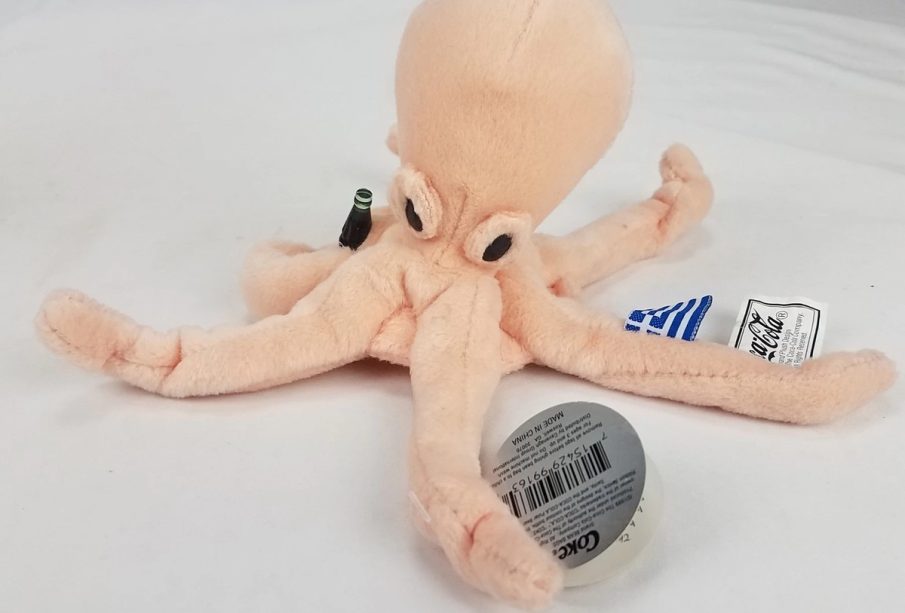The Fascinating World of Octopuses: Intelligence and Importance

Introduction to Octopuses
Octopuses are among the most intelligent and intriguing creatures found in the ocean. As cephalopods, they have a remarkable ability to adapt and display complex behaviours that continue to captivate marine biologists and enthusiasts alike. Understanding octopuses is important not only for marine biodiversity but also for the health of marine ecosystems.
Unique Characteristics of Octopuses
Octopuses possess several unique physical features that set them apart from other sea life. They have a soft, flexible body that allows them to squeeze into tight spaces. Notably, they have three hearts and blue blood, which enables them to thrive in various underwater environments. Their skin has chromatophores that can change colour and texture, helping them to blend seamlessly into their surroundings as a means of camouflage against predators.
Intelligence and Behaviour
Recent studies have highlighted the significant intelligence of octopuses, showcasing their ability to solve problems and use tools. For instance, octopuses have been observed unscrewing jar lids to obtain food inside, demonstrating advanced cognitive reasoning. They engage in play and exhibit individual personalities, further emphasizing their complex behaviour. Research has shown that octopus intelligence rivals that of some mammals, which adds a deeper layer of understanding to the marine world and the evolution of intelligence.
Environmental Importance
Octopuses play a crucial role in their ecosystems. As both predator and prey, they help maintain the balance within marine food chains. Furthermore, octopus populations can indicate the health of ocean environments. Recent concerns about overfishing and habitat destruction have raised alarms about their declining numbers, prompting the need for conservation efforts. The protection of octopus habitats is essential, as it has far-reaching implications for marine biodiversity.
Conclusion and Future Outlook
As we delve deeper into the aquatic world, understanding and protecting octopuses becomes increasingly vital. Their unique traits and intelligence offer insights into the complexities of marine life. With ongoing environmental challenges, more research and conservation measures are necessary to ensure the survival of these extraordinary creatures. As awareness grows, we can hope for a future where octopuses thrive in their natural habitats, enriching our oceans for generations to come.








